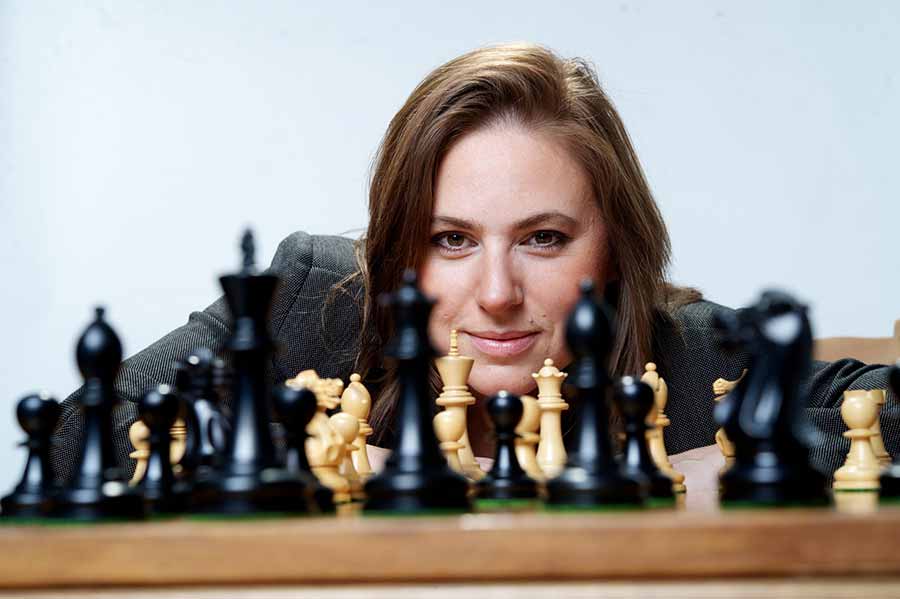
The Smartest People You Have Never Heard of
Trying to come up with a list of the smartest people who ever stepped foot on the planet is
anything but an easy task to accomplish. Intelligence is highly subjective and so are the skills that
define someone as smart. Being intelligent is one thing, using that intelligence to in some way
advance humanity, is something entirely different. At an IQ level, anything above 140 is generally
considered near genius. Nonetheless, here is a list of some of the brainiest unsung humans who
ever lived.
William Sidis
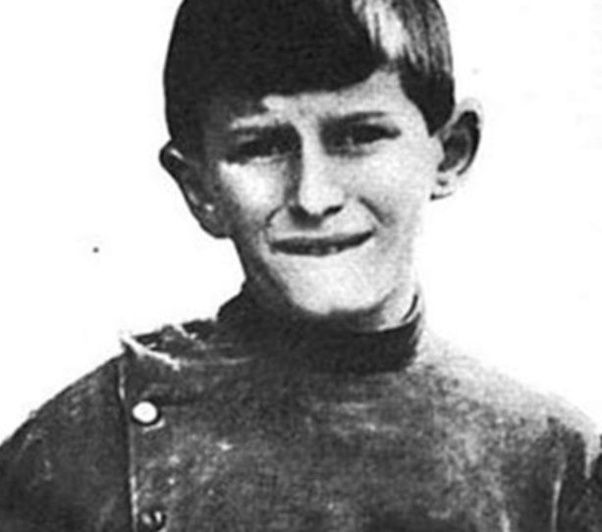
William James Sidis was an American child prodigy said to have an IQ between 250 and 300,
possibly the highest score ever. Apart from his above-average math skills, which allowed William
to join Harvard at the age of 11, he also spoke 40 languages. Sadly, William did not live up to
expectations and matured into an average human being, landing mediocre jobs and getting into
trouble with the law on several occasions.
Judit Polgár
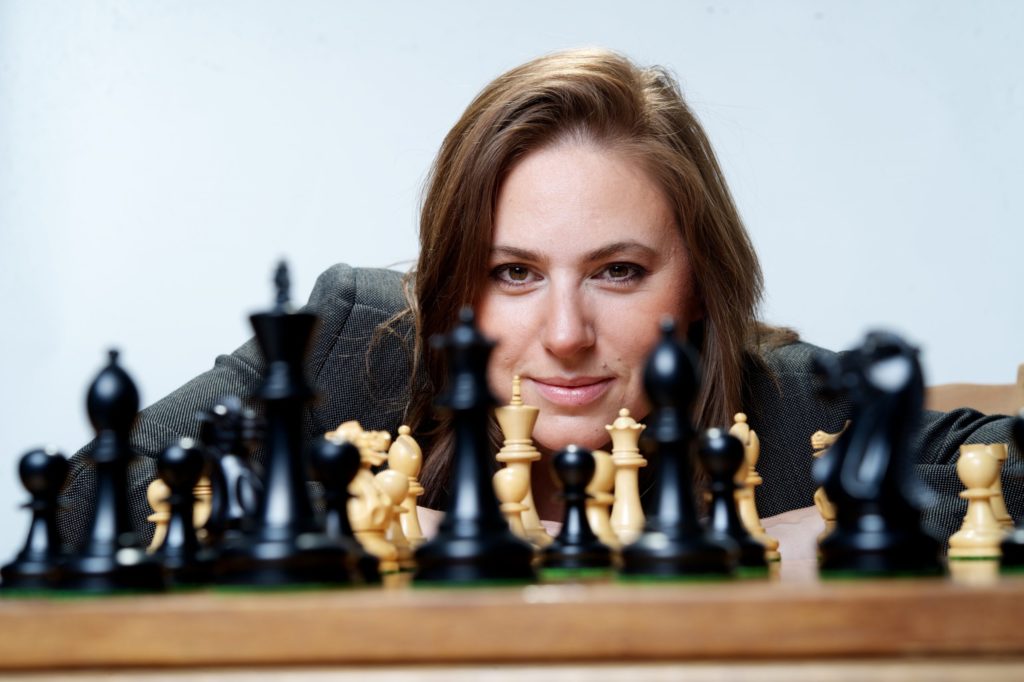
With an IQ of 170, Judit Polgár was a Hungarian chess player who is widely considered to be the
best female chess player of all time. At the age of 15 years and 4 months, Polgár won the title of
Grandmaster, at the time the youngest to have done so. She is also the youngest person to ever
break into the FIDE top 100 players rating list. She was the top-rated woman in the world from
January 1989 until her retirement on 13 August 2014.
Philip Emeagwali

Philip Emeagwali is a Nigerian computer scientist who won the 1989 Gordon Bell Prize for priceperformance in high-performance computing applications, by using an innovative mathematical
formula and applying it in an oil reservoir modeling calculation. With an IQ of 190, Philip was
voted as the greatest African scientist of all time. As an interesting sidenote, his math work is
often considered as being influential in the construction of the internet.
Srinivasa Ramanujan
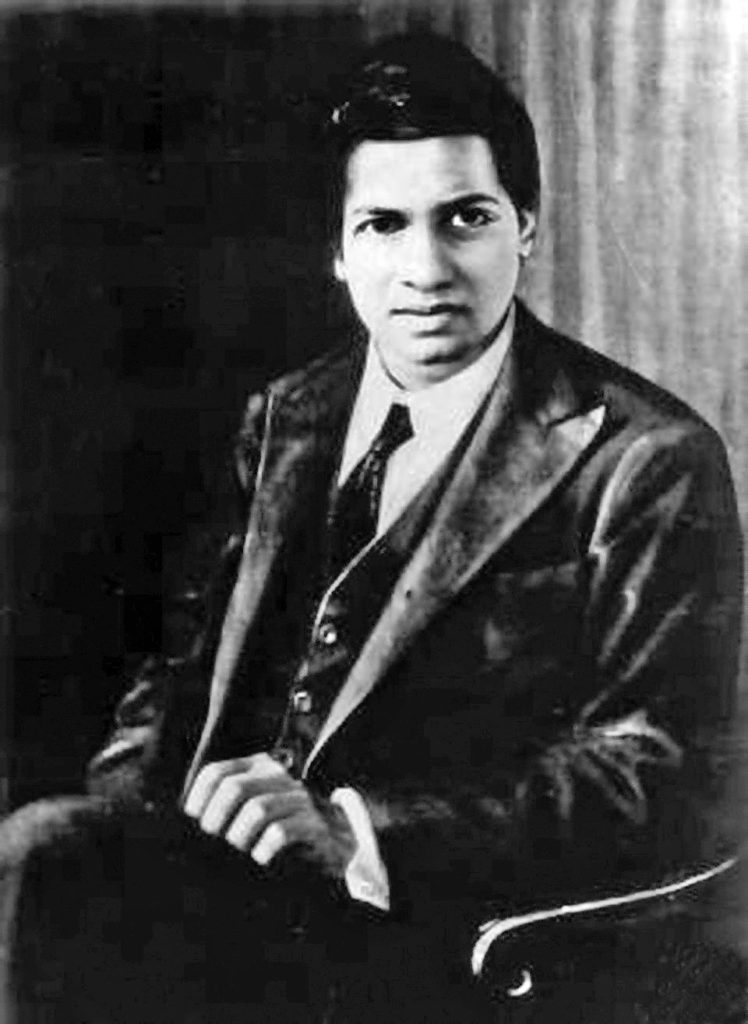
Srinivasa Ramanujan was an Indian mathematician who made significant contributions to
analysis, number theory, infinite series and continued fractions, together with solutions to
mathematical problems then deemed unknowable. Ramanujan, who had almost no proper
training in mathematics, initially developed his own research in isolation. His estimated IQ was
185.
Hypatia of Alexandria
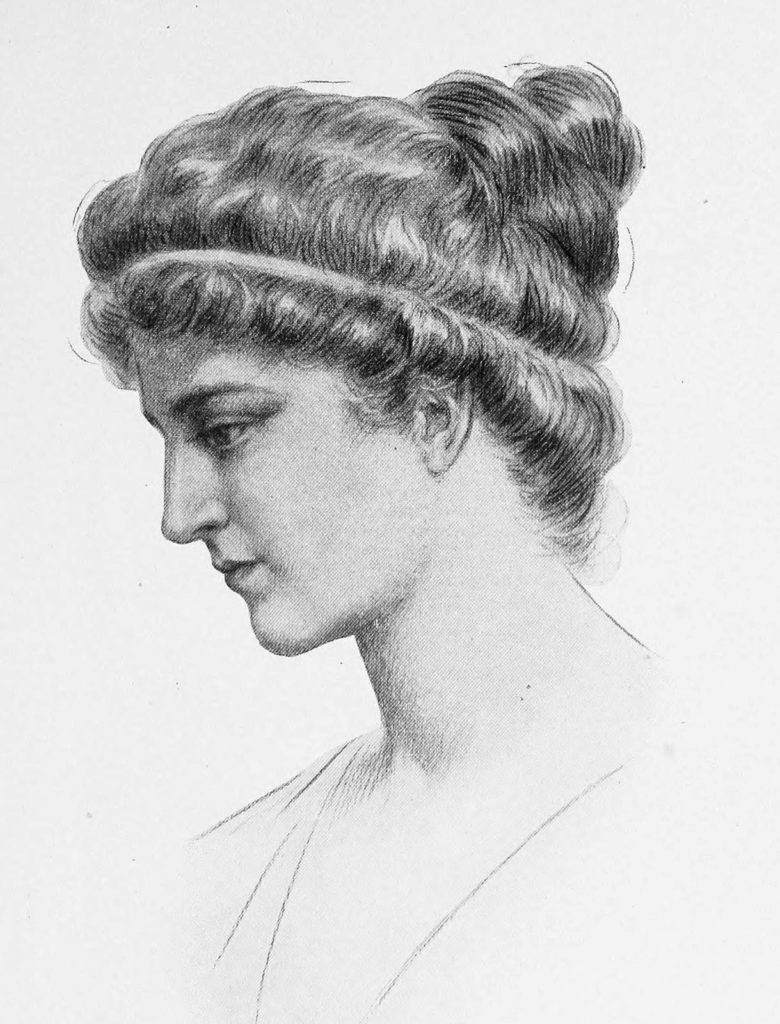
Hypatia was a Greek astronomer, philosopher and mathematician who lived in Egypt, then part
of the Eastern Roman Empire. Although heralded by Pandrosion, another Alexandrine female
mathematician, she is the first female mathematician whose life is reasonably well recorded.
With an estimated IQ of 170-190, she was brutally murdered by a group of Christian fanatics
after being accused of witchcraft.
Gottfried Leibniz
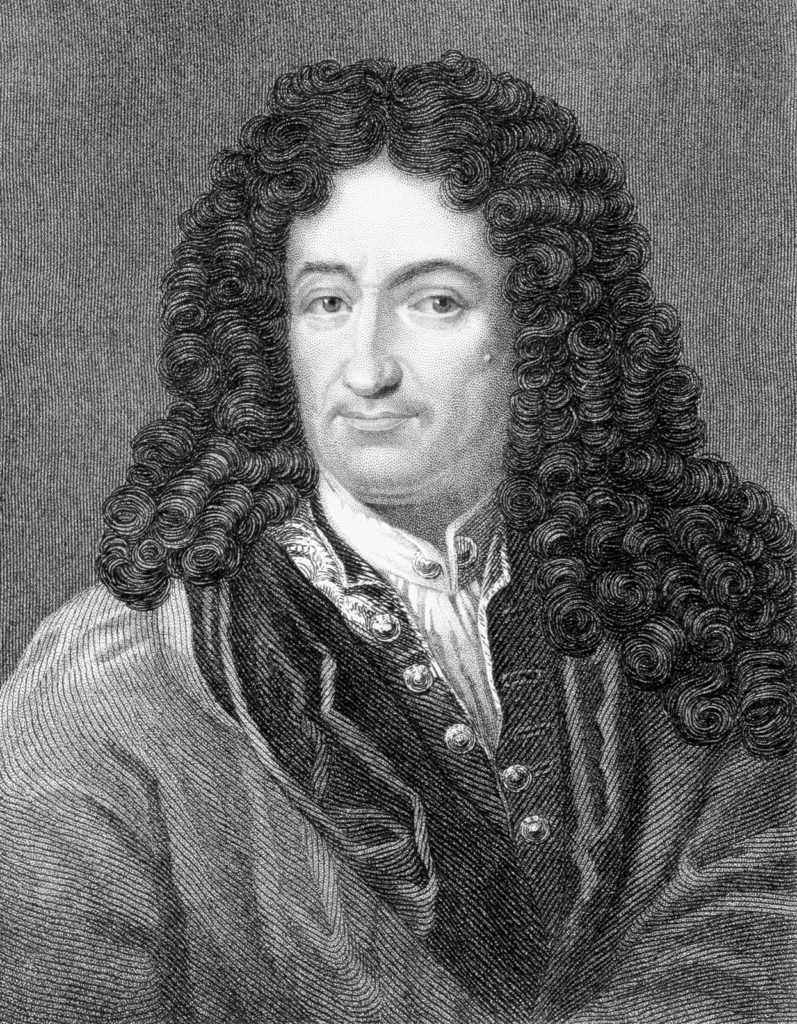
Gottfried Wilhelm Leibniz was a renowned German polymath and one of the most significant
logicians, mathematicians and natural philosophers of the Enlightenment and is best known for
inventing calculus. In philosophy, Leibniz is most illustrious for his optimism – his conclusion that
our universe is, in a limited sense, the best possible one that God could have created. Leibniz’s
IQ estimates range from 182 to 205.
Andrew Wiles

Sir Andrew John Wiles is an English mathematician and a Royal Society Research Professor at
the University of Oxford, specialized in number theory. In 1995, Wiles verified a 358-year-old
mathematical theory called Fermat’s Last Theorem, which until then was registered in the
Guinness Book of World Records as the “most difficult math problem” in the world. He was
appointed Knight Commander of the Order of the British Empire in 2000. Sir Andrew Wiles is
said to have an IQ of 170.
Emanuel Swedenborg
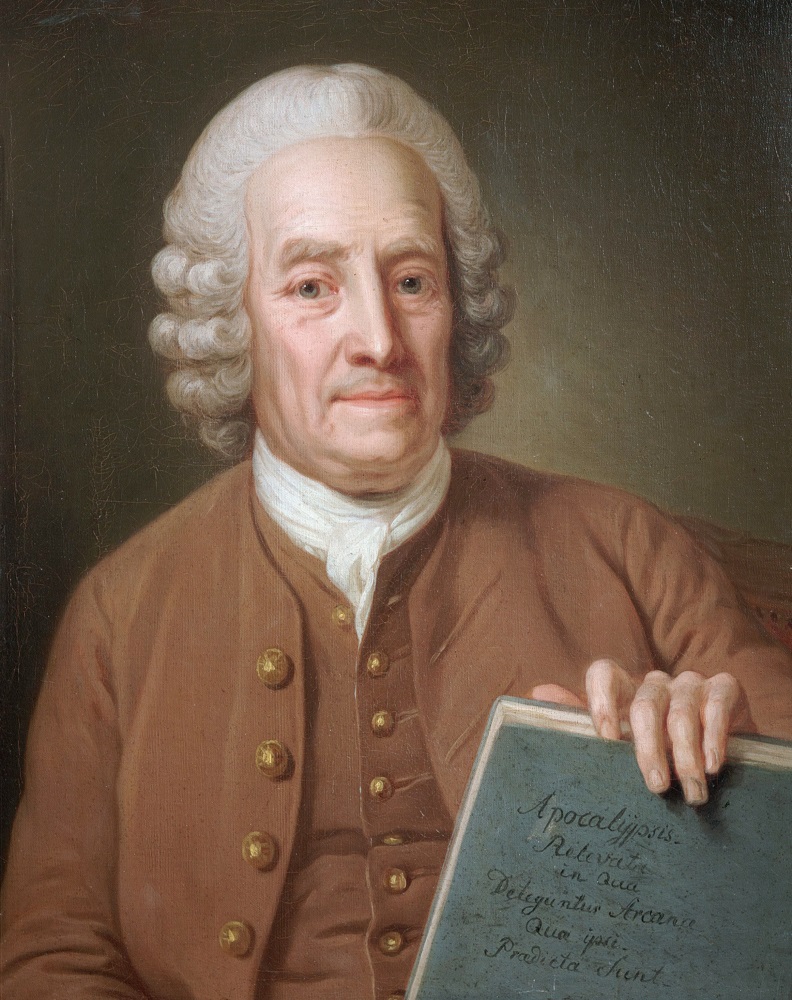
Emanuel Swedenborg was a Swedish theologian, scientist, philosopher and mystic. He is best
known for his book on the afterlife, Heaven and Hell. In 1741 he began to experience dreams
and visions which concluded in a “spiritual arising” in which he received a revelation that he was
appointed by Jesus Christ to write The Heavenly Doctrine to reform Christianity.
Christopher Hirata
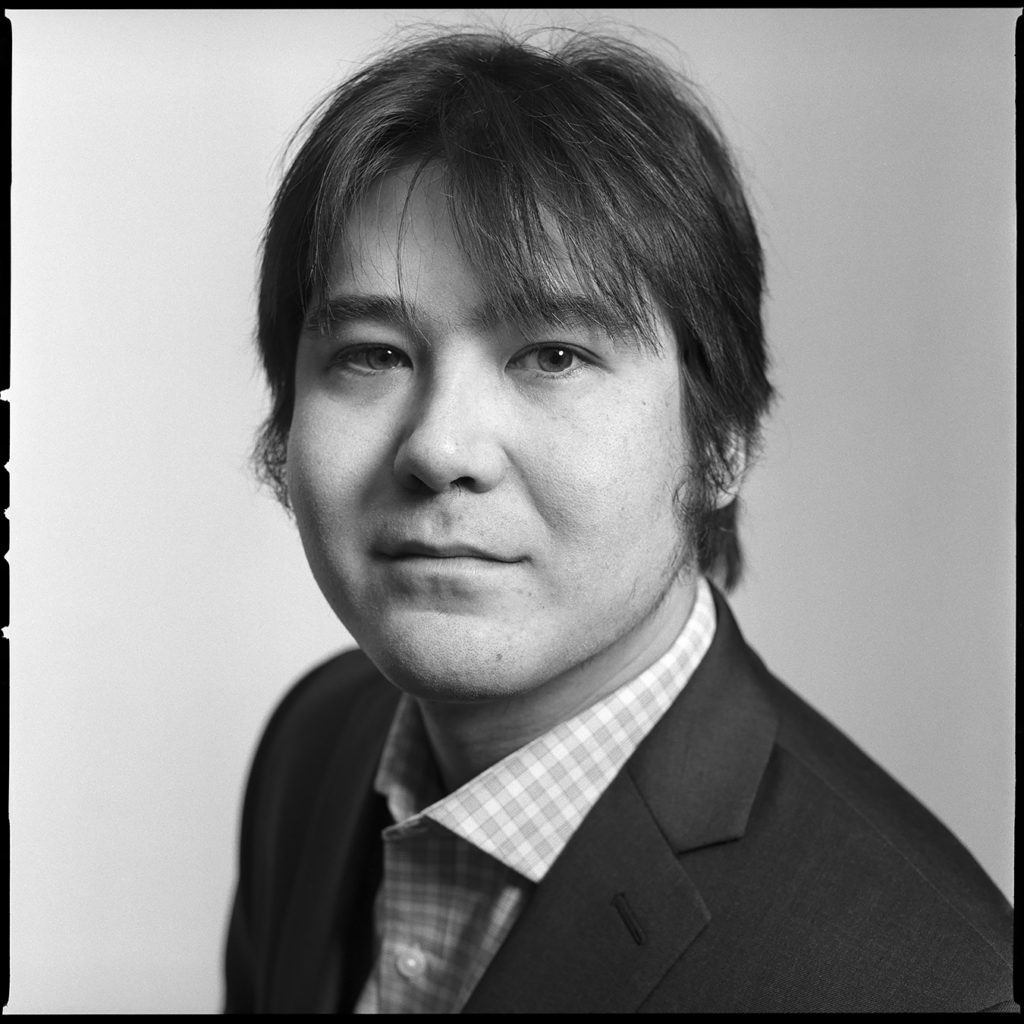
Christopher Hirata is an American cosmologist and astrophysicist who was hired by NASA at the
age of 16 to do some research on the colonization of Mars. Christopher was only 13 when this
child prodigy won the gold medal in 1996 at the International Physics Olympiad. He also received
his PhD under the supervision of Uroš Seljak in 2005 from Princeton University in Astrophysics.
Kim Ung-Yong
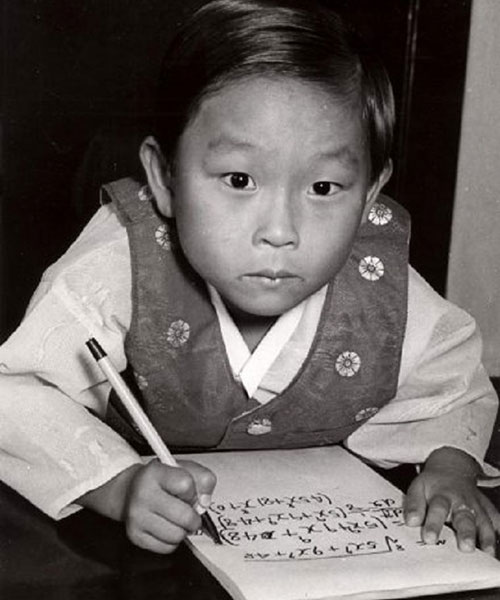
Kim Ung-Yong is a South Korean professor and former child prodigy said to hold the highest IQ
score (210) according to the Guinness World Records. At the age of one, Kim had learned both
the Korean alphabet and 1,000 Chinese characters by studying the Thousand Character Classic,
a 6th-century Chinese poem. At three years old, he began to solve calculus problems. At 5, Kim
had acquired astonishing linguistic skills and could speak Korean, English, French, German and
Japanese.
Ainan Cawley

Ainan Celeste Cawley is a Singaporean boy prodigy who, according to his parents, had said his
first word when he was two weeks old, could walk at six months of age and build difficult
sentences by his first birthday. Cawley gave his first public speech at the age of six and at seven
years and one month of age, he had passed the GCSE chemistry and studied chemistry at the
Singapore Polytechnic a year later. At the age of 9, he was able to recite pi to 518 decimal places
and could remember the periodic table.
Christopher Langan
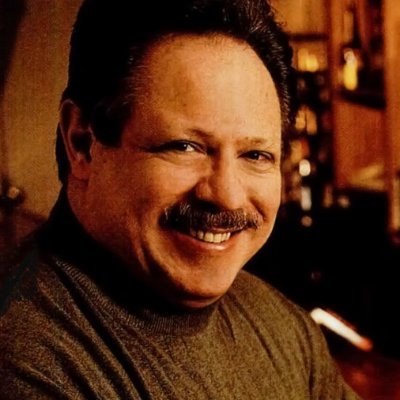
Christopher Michael Langan is an American autodidact who is considered an intellectual prodigy.
ABC’s 20/20 estimated that Langan’s IQ is anywhere between 195 and 210 dubbing him what
most journalists consider as the smartest man in America. Growing up, Christopher Langan
quickly showed above-average skills: he could speak at six months of age, read by his third
birthday and even question the existence of God by age five. He obtained a perfect score on his
SAT, despite having fallen asleep during the test. He is an avid learner, regardless of the subject,
and can study math, languages and philosophy for long periods of time each day.